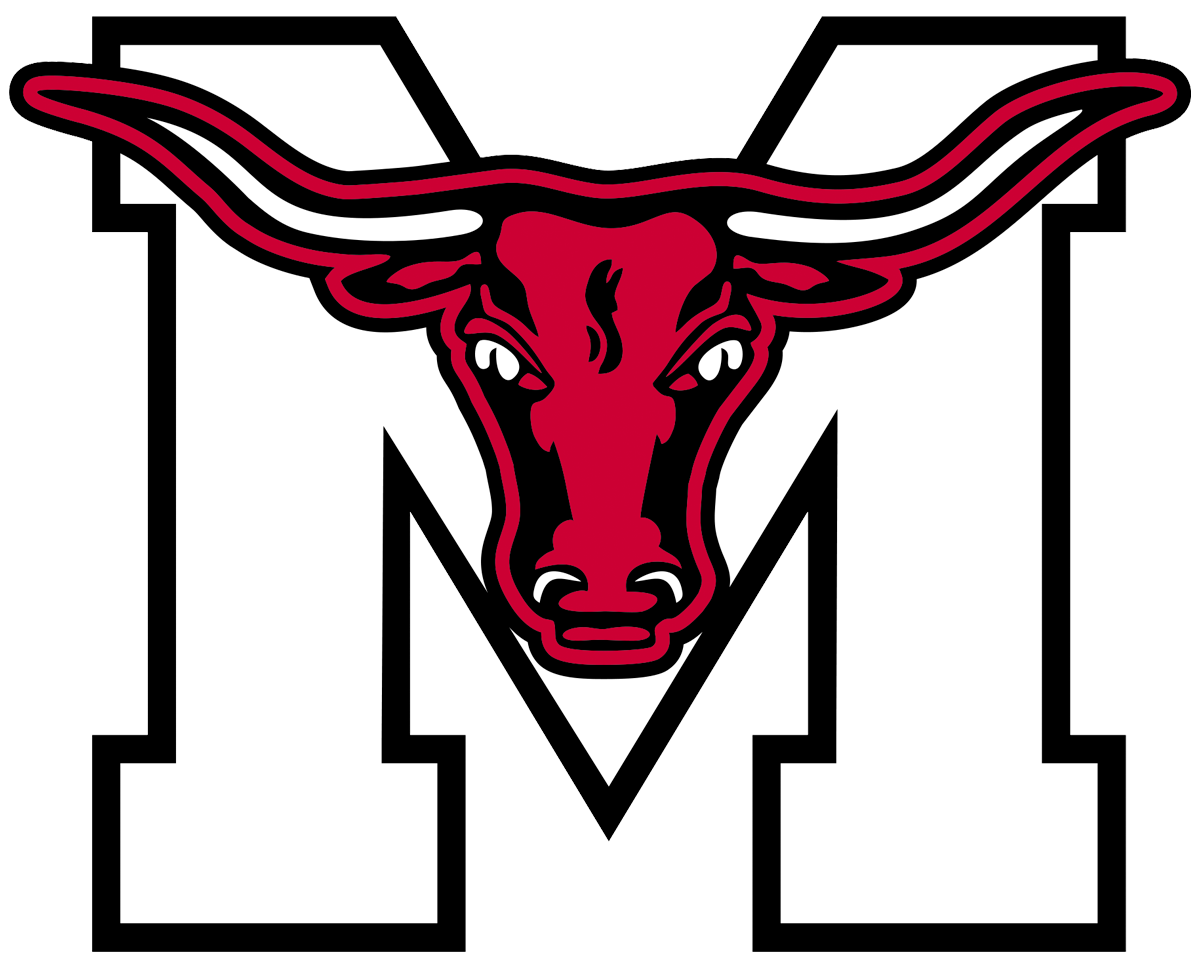Advanced Placement vs Dual Credit
As students begin planning their schedule for the next academic year, the debate of Advanced Placement (AP) and dual credit becomes a large factor. Knowing the difference between Advanced Placement and Dual Credit courses will help you in planning for both high school and college.
Advanced Placement (AP)
Description - AP courses allow students to take college-level courses and exams to earn college credit while still in high school
Credit - Students earn college credit through AP exams s (scoring a 3 or higher on a scale of 1 - 5). Students should be aware that the individual colleges and universities grant course credit and placement. Students should consult with prospective colleges and universities about credit for AP exams.
Teacher/Instructor - Taught by high school teachers trained to present college-level materials and content through The College Board
College/University Acceptance - Accepted throughout the nation. See individual college(s) for their policy.
Location - AP courses are taught on the Marshall High School campus
Cost - AP courses are free; however, the exams do have a fee. Textbooks are provided by the school.
Eligibility - Open to any student
Study Skills For AP Exam Videos
Advanced Placement Central Information
Dual Credit (DC)
Description - Dual Credit allows high school students to simultaneously earn high school and college credit by completing college courses at the high school or college campus.
Credit - high school and college, is awarded when the student passes the course with a 70 or higher.
Teacher/Instructor - Taught by college instructors and/or adjunct instructors of the college.
College/University Acceptance - Accepted throughout the nation. See individual college(s) for their policy. Accepted at public colleges and universities in Texas. Check with individual college for your intended major’s academic requirements.
Location - DC courses are offered at MHS through ETBU (MavU), Texas State Technical College (MavTech) TSTC campus or Panola College (Panola College Campus)
Eligibility - Must be currently attending high school and be in the 11th or 12th grade, Must have parent/guardian approval, Take and meet ACT score (MavU) or TSIA score (TSTC, Panola College).
FAQ
Why should my student enroll in an AP course?
AP courses provide students with college-level work experiences and tools that will help prepare them for post-secondary experiences.
What is a benefit of dual credit?
Students who take dual credit courses, upon earning a grade of 70 or higher at the end of the semester, earn college credit and high school credit without being required to take an exam.
Do dual credit courses affect my college GPA?
Yes. All courses taken through the college for dual credit will affect your college GPA.
Which course type, dual credit or AP, would be help prepare me for college?
AP courses are college-level courses designed to challenge students academically and provide them with skills to be successful in college with the support of a face-to-face teacher. Dual credit courses are college courses. The activities and lessons immerse students in the college experience wholly. Think of AP courses as a challenge with supports, whereas DC is simply the challenge.
